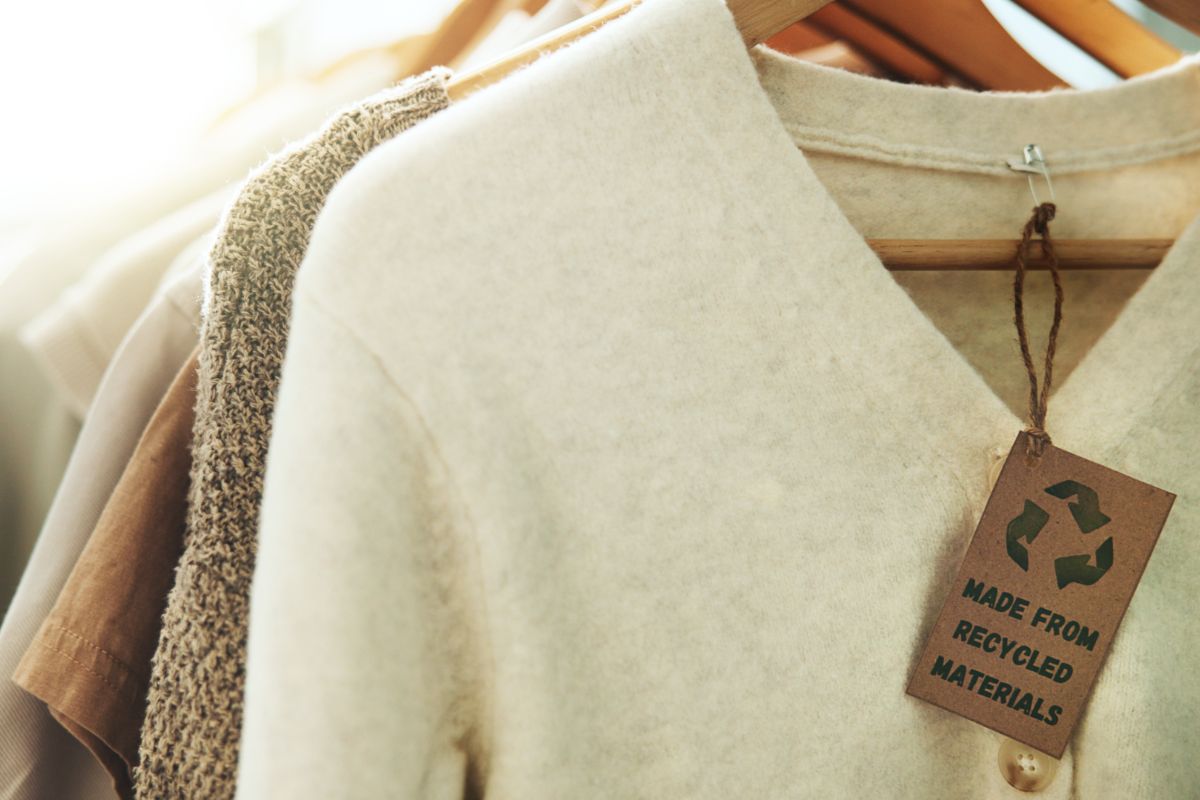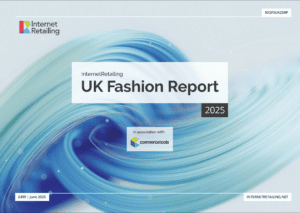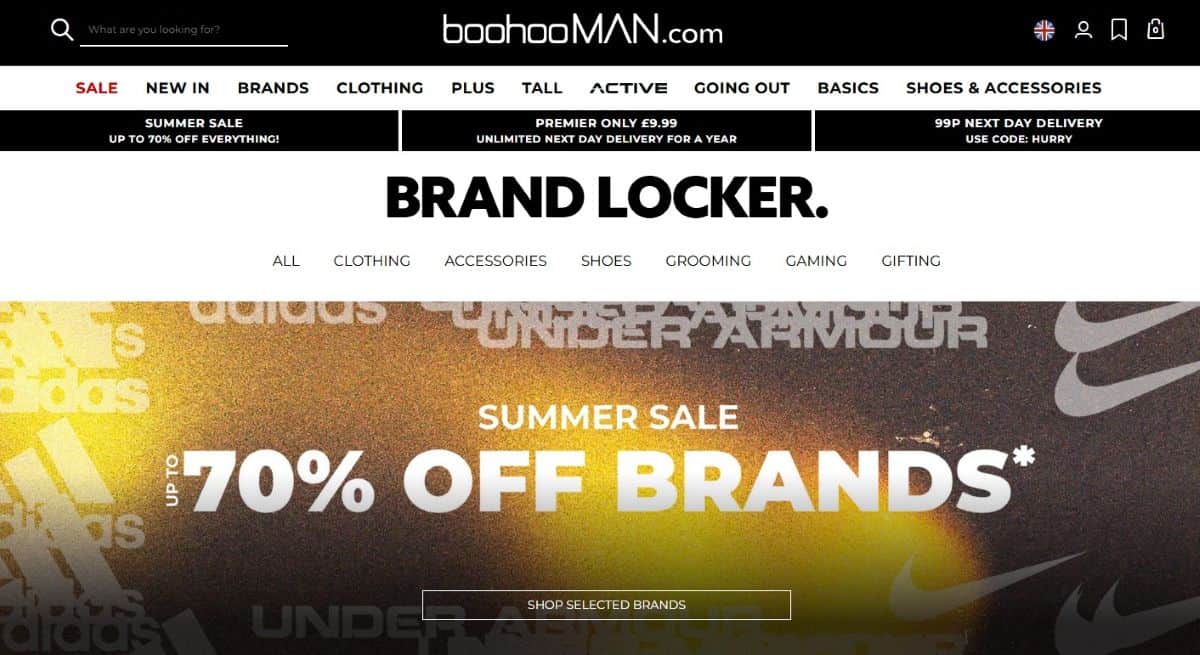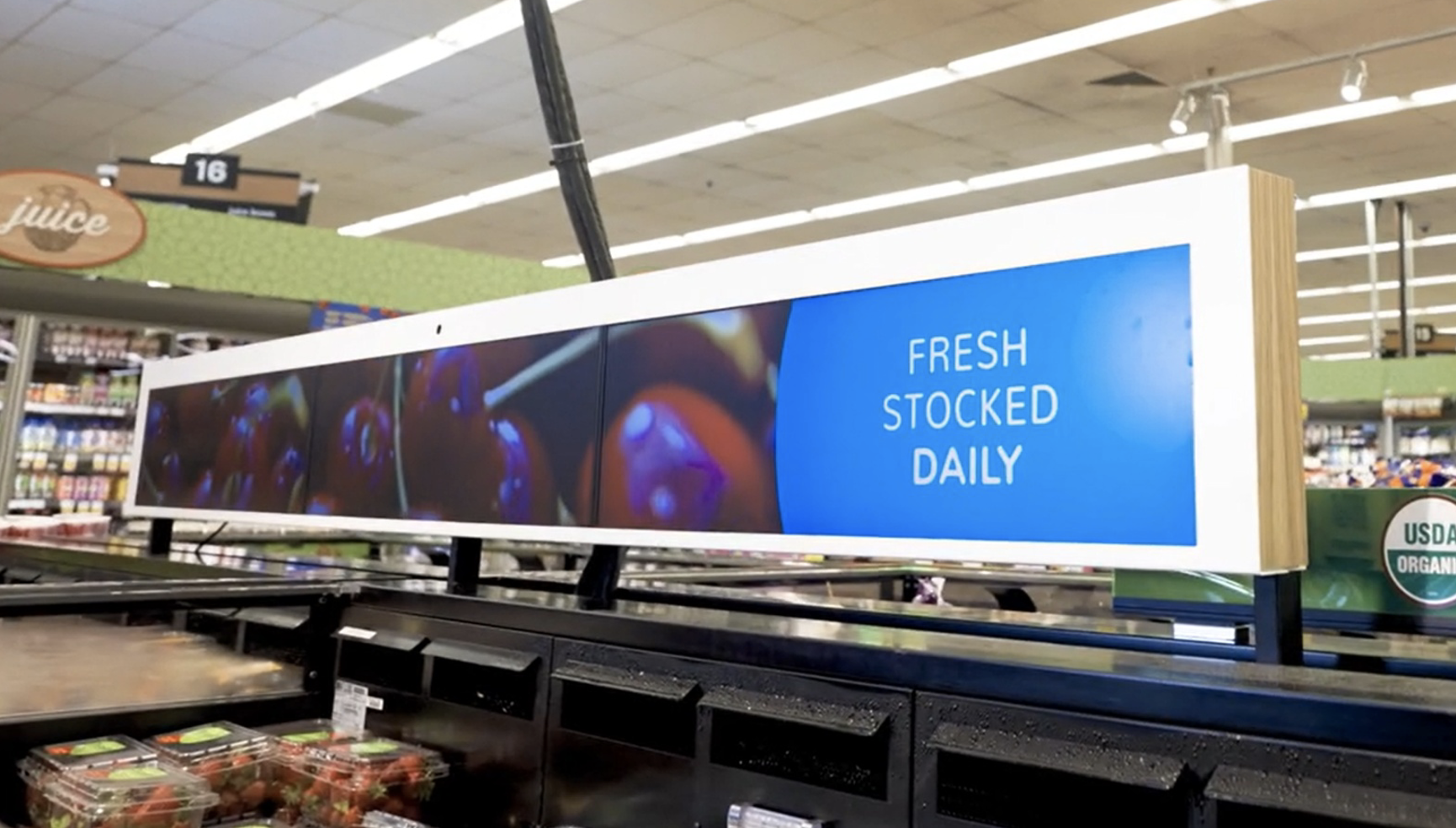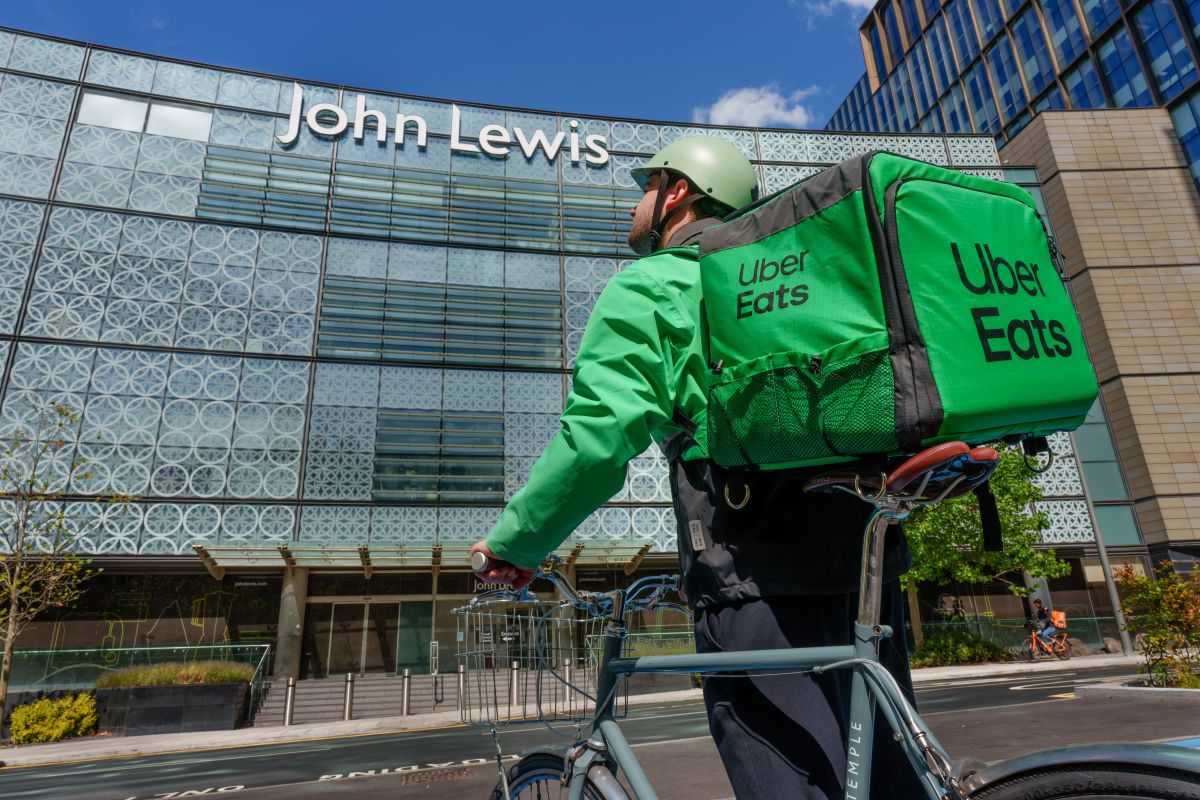The new InternetRetailing UK Fashion 2025 report highlights that UK consumers, and their favourite brands, are taking a more circular approach to fashion.
A recent ConsumerX survey found 42.8% of consumers want retailers to be ecologically responsible, with 25% strongly agreeing.
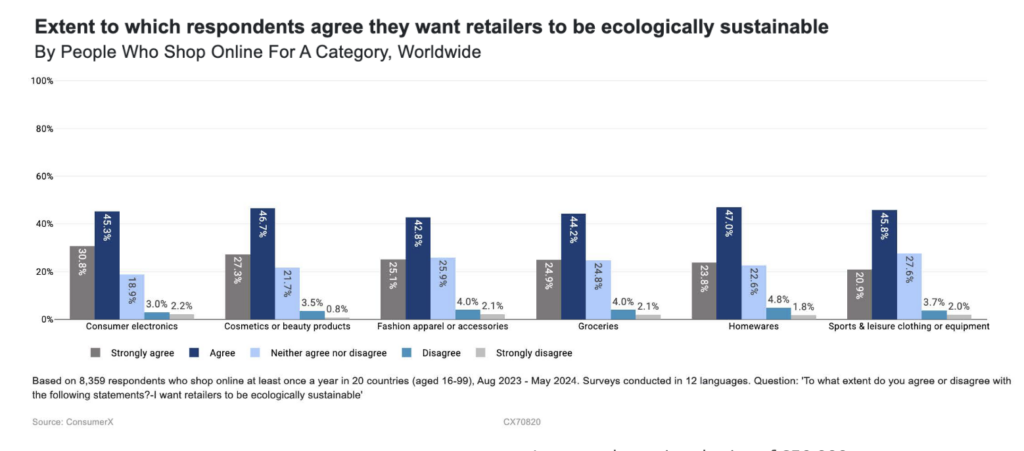
Increasingly, UK fashion shoppers are looking to retailers to provide sustainable services and accreditation. A host of UK fashion retailers have achieved B-Corp status or had their sustainability goals approved by the Science Based Targets initiative.
Retailers are looking at their emissions and wider supply chain, but also how to make money from what they already have. Peer-to-peer pre-love platforms (Depop and Vinted) have shown how successful second-hand can be, with UK fashion retailers now looking for a slice of the action.
Some UK fashion retailers are now providing their own second-hand sections on their websites, while others partner with reselling services. For example, Reskinned runs take-back and resell services for Finisterre, Hush, Oliver Bonas, Seasalt, Sweaty Betty and many more.
This switch to second-hand could not have happened at such pace without consumer demand, and ConsumerX research found 31% of consumers have bought second-hand clothing in the past year, with an additional 10% purchasing pre-loved luxury items.
Re-use and repair
Buying second-hand may provide the buzz of getting something nearly new, but another key part of the sustainable fashion movement in the UK is the relearning of making fashion last.
For those not handy with a needle and thread, there are a growing number of UK-based repair services. Sojo, which makes repairs easy with door-to-door service to keep clothes in use longer, was a finalist in eBay’s Circular Fashion Fund grant earlier this year.It secured a regional prize of £50,000.
High street giants are also getting involved with repairs. M&S has launched a clothing repairs and alterations service, bookable through an online hub; Uniqlo offers clothing repairs and custom embroidery; and Primark hosts free repair workshops.
Sustainability is certainly gaining traction, with UK fashion consumers and retailers starting to change their ways. However, sustainability is not yet the primary driver for all consumers. Often in times of economic uncertainty and limited spending, price and convenience come before the push to be greener. ConsumerX research shows that price will always be top of consumer’s priorities with 49.2% of fashion shoppers strongly agreeing the lowest price when buying online is important, while 41.5% agree. Retailers will need to continue to work to show the value of sustainable fashion.
The InternetRetailing UK Fashion 2025 report, in association with commercetools, offers an in-depth look at the state of the UK fashion market. It examines this trend-driven retail landscape, highlighting the increasing integration of online and physical shopping, with digital innovation changing how UK shoppers discover and purchase fashion and accessories.
The report studies key players such as New Look, Burberry, Debenhams, FatFace, Next, and John Lewis, showcasing their strategies for adapting to evolving consumer behaviour and market challenges.
Stay informed
Our editor carefully curates two newsletters a week filled with up-to-date news, analysis and research, click here to subscribe to the FREE newsletter sent straight to your inbox and why not follow us on LinkedIn to receive the latest updates on our research and analysis.
